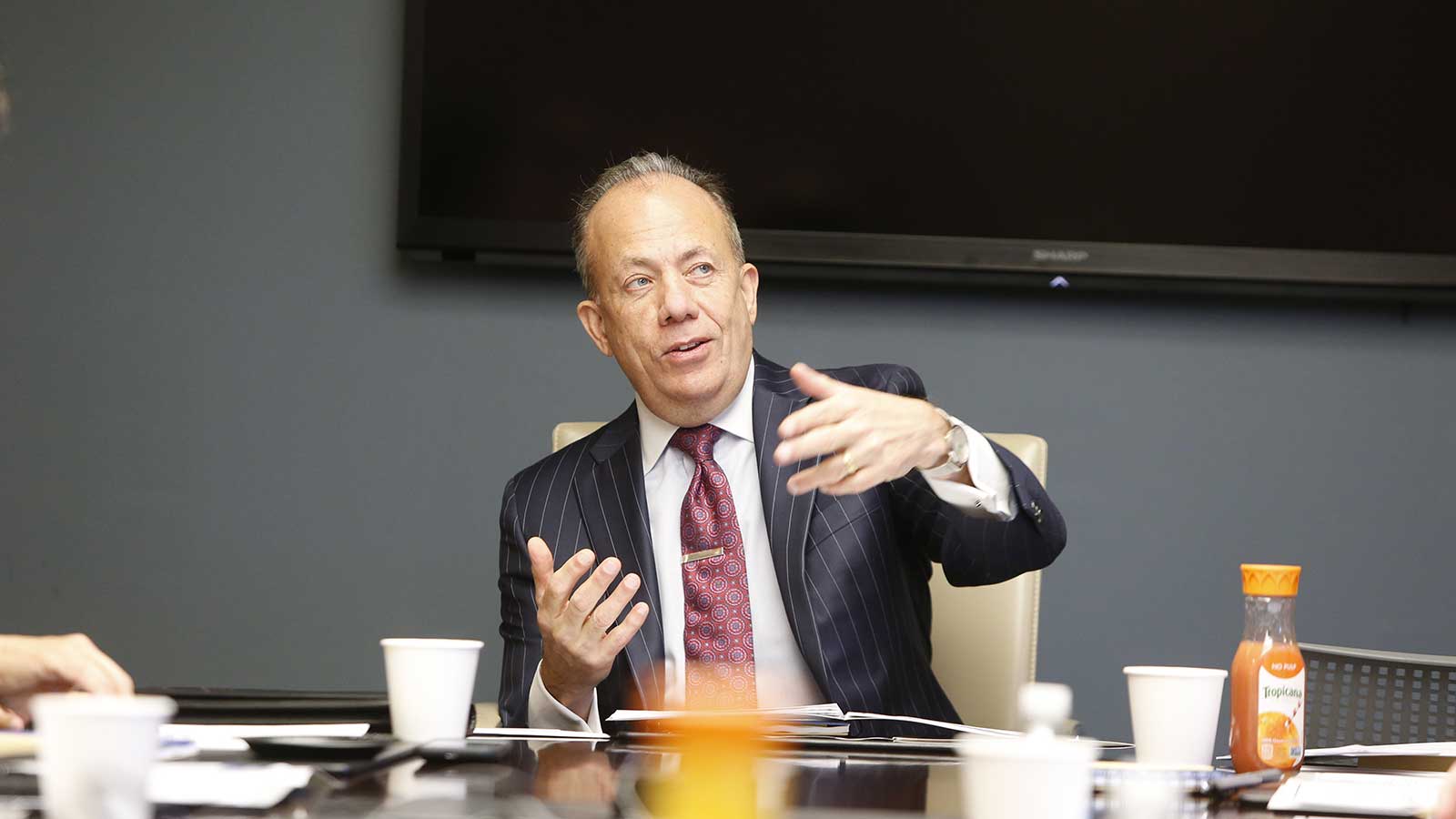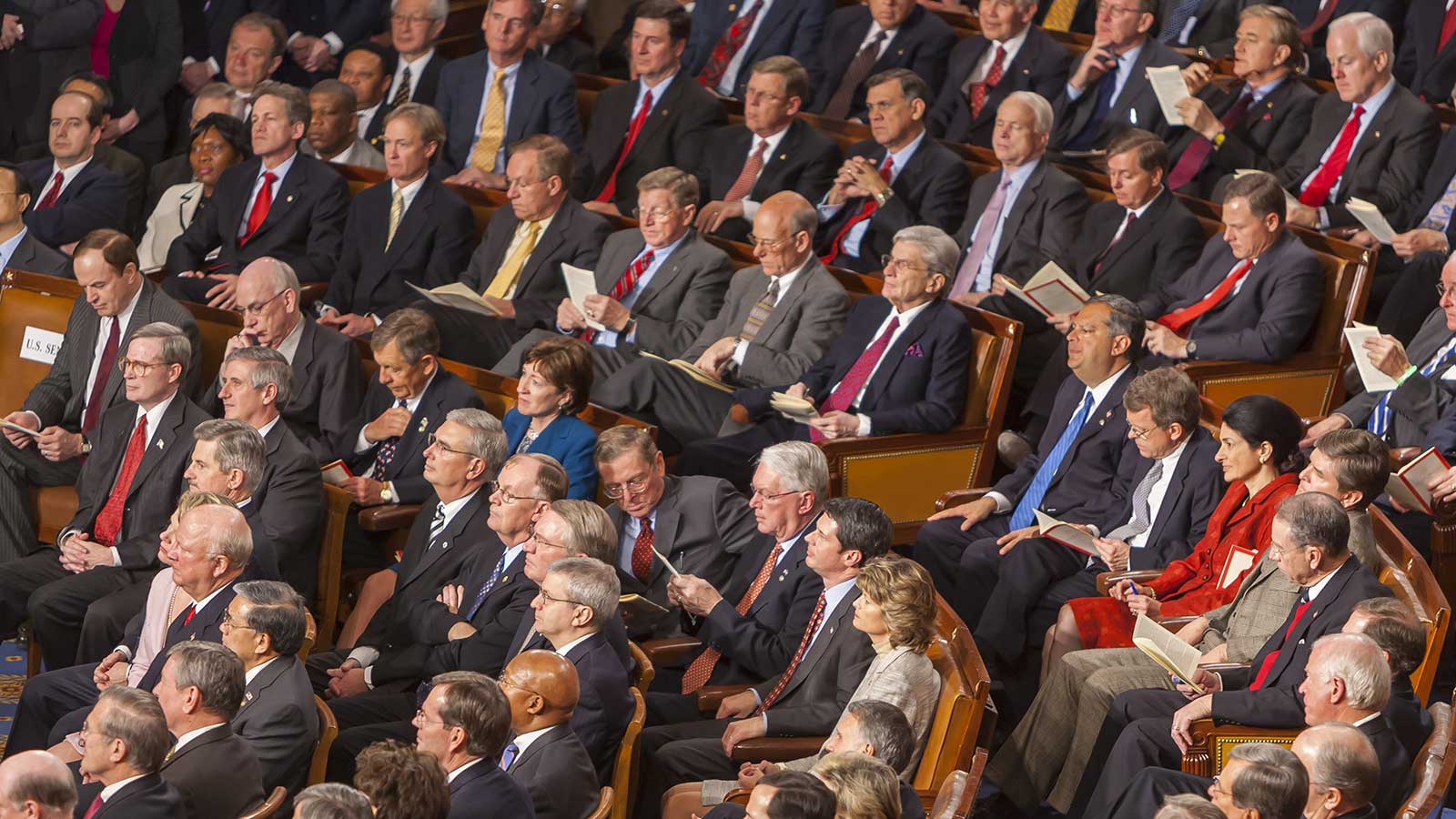Some vocations exude an inherent aura of honesty and ethics, where noble individuals like teachers and doctors are entrusted to assist and uplift others. These careers are seen as bastions of virtue, inspiring hope, and trust. However, contrasting this perception, certain professions draw attention for potentially harboring a higher proportion of the less scrupulous among us. These purported ‘ne’er-do-wells’ evoke curiosity and concern, with public opinion speculating about the moral compass of those who venture into these realms. Unveiling the professions deemed less ethical sheds light on society’s perceptions and biases.
Newspaper Reporters

The relentless seekers of truth and purveyors of stories often grapple with a sense of detachment from their readers. The bond between reporters and their audience, once cemented by a shared quest for knowledge, has been eroded by a pervasive atmosphere of distrust. These journalists strive to deliver unbiased and accurate news as gatekeepers of information. Yet, in an era of misinformation and polarized opinions, readers’ apprehension and suspicion have become palpable, leaving newspaper reporters yearning for the affection and trust they once enjoyed.
Debt Collectors

Debt collectors, the enforcers of financial obligations, occupy a challenging and often unpopular role in the modern economy. Tasked with retrieving unpaid debts on behalf of creditors, they navigate a landscape rife with tension and emotion. While essential to maintaining the integrity of lending systems, debt collectors are often met with resistance and animosity from debtors. Their practices and tactics have come under scrutiny, leading to divergent views on their honesty and ethical standards.
Plastic Surgeon

In their pursuit of enhancing physical appearances, plastic surgeons have faced criticism and skepticism, with some viewing their role as potentially unethical. Accusations of manipulation arise as they are accused of coaxing individuals into undergoing procedures they might not require. While plastic surgery can indeed empower and boost self-confidence, concerns linger about the moral boundaries within the profession. The delicate balance between genuine patient needs and profit motives draws attention to the ethical considerations that plastic surgeons must navigate. Unraveling the complexities of this contentious field reveals a broader debate about the nature of beauty and the responsibilities of those entrusted with reshaping it.
CEO

While they hold immense power to shape the trajectory of companies, some have been accused of pursuing unethical strategies, such as downsizing the workforce solely to boost stakeholder profits. This practice, seen as prioritizing financial gain at the expense of employee livelihoods, has sparked controversy and criticism. Balancing the demands of stakeholders with ethical considerations presents a significant challenge for CEOs, shedding light on the need for responsible leadership that upholds the welfare of the workforce and the broader community.
Televangelists

Televangelists, religious figures who preach through television broadcasts, have faced persistent allegations of exploiting people’s faith for financial gain. Critics argue that some televangelists prey on vulnerable individuals, using religion as a guise to solicit money from their followers. The juxtaposition of spiritual teachings with financial appeals has led to public skepticism and skepticism about the integrity of certain televangelists. While many religious leaders genuinely aim to inspire and support their communities, a few have fueled the perception that some televangelists may prioritize personal wealth over the true essence of faith, casting a shadow over the broader religious landscape.
Health Insurance Adjuster

Health insurance adjusters, entrusted with the critical task of processing and assessing medical claims, have faced criticism and suspicion over their practices. Accusations have been leveled against some, alleging that their primary objective is to deny legitimate claims under the guise of combating fraud. This perception has fueled apprehension among policyholders, who fear their genuine medical needs might be overlooked or dismissed. While it’s crucial to safeguard against fraudulent activities, concerns arise about the potential impact on individuals needing essential medical coverage. Unraveling the complexities of this role prompts a closer examination of the delicate balance between cost containment and ensuring fair and compassionate healthcare support.
Influencer

Influencers, digital trendsetters, and social media stars wield remarkable power over their vast online audiences. With the ability to shape opinions, trends, and consumer behavior, they have become a force to be reckoned with in marketing and advertising. However, this newfound prominence has also brought scrutiny and criticism. Some question the authenticity of influencer content and the motives behind product endorsements. As the line between genuine recommendations and promotional partnerships blurs, the influencer industry grapples with the need for transparency and ethical practices. Understanding the impact of influencers offers a compelling glimpse into the ever-evolving landscape of modern-day communication and consumer culture.
Insurance Executives

Risk management and financial protection architects occupy a pivotal role in the insurance industry. Charged with making crucial decisions that impact policyholders and companies alike, they wield substantial influence over the well-being of their clients. However, this profession does not escape scrutiny, and public perception can be appreciative and skeptical. Survey data reveals a complex landscape of opinions regarding insurance executives’ honesty and ethical standards. As the custodians of security and stability, their conduct is under constant observation, prompting an exploration of the delicate balance between profit-driven strategies and ensuring genuine protection for those they serve.
Advertising Practitioners

In advertising, where persuasion reigns supreme, practitioners are treading a delicate path fraught with skepticism. As purveyors of products and services, their ultimate goal is to entice consumers to open their wallets, which inevitably triggers suspicion among the public. The nature of attempting to influence others’ choices raises questions about manipulation. Unsurprisingly, advertising practitioners find their way onto this list of professions viewed with wariness. In a world where no one enjoys feeling coerced, understanding the perceptions surrounding these professionals sheds light on the intricate dance between marketers and their target audience.
TV Reporters

TV reporters, the faces and voices that bring us the latest news and unfolding events, hold a unique position in the media landscape. As conduits of information, they play a crucial role in shaping public opinion and knowledge. Yet, this influential profession is subject to scrutiny. Survey data reveals divergent views on TV reporters’ honesty and ethical standards, with varying levels of trust placed in their reporting. With their every word and gesture under constant observation, TV reporters struggle between journalistic integrity and the pressure of delivering stories that resonate with viewers. Understanding this dynamic reveals the complex relationship between the media and its audience.
Business Executives

Business executives navigate a realm where opinions on honesty and ethical standards diverge. As one of the professions sharing this intriguing paradox, they elicit varied responses from survey respondents. While some may view them as exemplars of integrity and responsible leadership, others harbor reservations and skepticism. Business executives carry immense responsibility, commanding the fate of companies, employees, and stakeholders. This dichotomy in public perception propels us to explore the intricacies of their conduct, contemplating the factors that mold these professionals into either beacon of trust or subjects of doubt in the eyes of the public.
State Officeholders

State officeholders, the individuals entrusted with representing the interests of their constituents, often grapple with a paradoxical reality. According to survey respondents, a mere 12% hold them in high or very high regard regarding honesty and ethical standards. Aspiring politicians seeking admiration and respect might question their path, as the allure of public service is juxtaposed with the challenging truth that these roles may invite scrutiny and skepticism. The high stakes and complexities of governance can be a formidable terrain, making pursuing love and respect a delicate balance for those willing to take the political plunge.
Telemarketers

Telemarketers, those persistent voices that intrude upon our dinners and daily routines, find themselves grappling with a dubious reputation. In the eyes of many survey respondents, these individuals’ honesty and ethical standards leave much to be desired, with a mere 6% bestowing them with high or very high ratings. The experience of having one’s meal interrupted by a telemarketer serves as a vivid reminder of why this profession garners such skepticism. Suppose you, too, find yourself weary of being incessantly badgered by unwelcome calls. In that case, you are not alone in questioning the integrity of those behind the phone lines.
Car Salespeople

Car salespeople, a profession often met with mixed feelings by consumers, find themselves under scrutiny as one of the “Professions With the Most Unethical People,” as per the perceptions of many Americans. While some salespeople are lauded for their honesty and integrity, others have contributed to a reputation tarnished by questionable practices. The high-stakes nature of the automotive industry can lead to scenarios where trust is tested, leaving customers wary of potential deceit. As we delve into the perceptions of various professions, the spotlight falls on car salespeople, prompting a critical examination of ethics and transparency within this field.
Members of Congress

Members of Congress, the nation’s elected representatives, stand at the epicenter of both admiration and disdain. According to a recent survey, a mere 9% of respondents hold them in high or very high regard regarding honesty and ethical standards. Despite their public service role, members of Congress find themselves only slightly more favorably perceived than lobbyists in the eyes of their fellow citizens. This sentiment unites people across the partisan red/blue divide, as Democrats and Republicans express similarly low opinions of the integrity exhibited by those serving in this pivotal branch of government.
Lobbyists

In the ever-evolving landscapes of the U.S. and Western Europe, a shared sentiment echoes loudly: the political system craves a profound transformation. Within this context of disillusionment, many individuals express concerns over the pervasive influence of lobbyists on governmental affairs. A stark revelation emerges – a mere 5% of respondents view lobbyists as exemplars of honesty and ethical conduct. The prevailing skepticism surrounding these influential figures speaks volumes about the need for transparency and reform in the corridors of power.
Burglars’ Top Targets: 18 Spots Burglars Always Check First for Your Valuables

No matter how well you hide your belongings, once a burglar is able to get into your home, your items are at risk. These are the 18 hiding spots thieves will always check first. Burglars’ Top Targets: 18 Spots Burglars Always Check First for Your Valuables
16 ACTIONS THAT TURN MEN AWAY – THE MOST UNATTRACTIVE THINGS WOMEN CAN DO, AS REVEALED BY MEN

If you are a woman on the lookout for the perfect man you may want to check out this list of 16 things that men find unattractive in women. The list is compiled from a recent online forum in which men discussed what turned them off when it comes to women.
16 ACTIONS THAT TURN MEN AWAY – THE MOST UNATTRACTIVE THINGS WOMEN CAN DO, AS REVEALED BY MEN
HIDDEN HUMILITY: 10 HINTS THAT SOMEONE IS WEALTHIER THAN THEY APPEAR

Wealth doesn’t always display in luxurious cars or high-end fashion. Indeed, many individuals with considerable wealth opt to keep a low profile regarding their financial situation. This piece explores various subtle cues and hints that might indicate someone being “wealthier than they appear,” all collected from the insights of internet users.
HIDDEN HUMILITY: 10 HINTS THAT SOMEONE IS WEALTHIER THAN THEY APPEAR
19 PRODUCTS MARKETED ALMOST EXCLUSIVELY TO STUPID PEOPLE

In the advertising world, where glossy images and grand promises reign supreme, it can be challenging to separate fact from fiction. This can be particularly true regarding products that promise significant improvements to our health, appearance, and overall well-being. We’ve delved behind the marketing façade to look more closely at some popular products that don’t quite live up to the hype.













